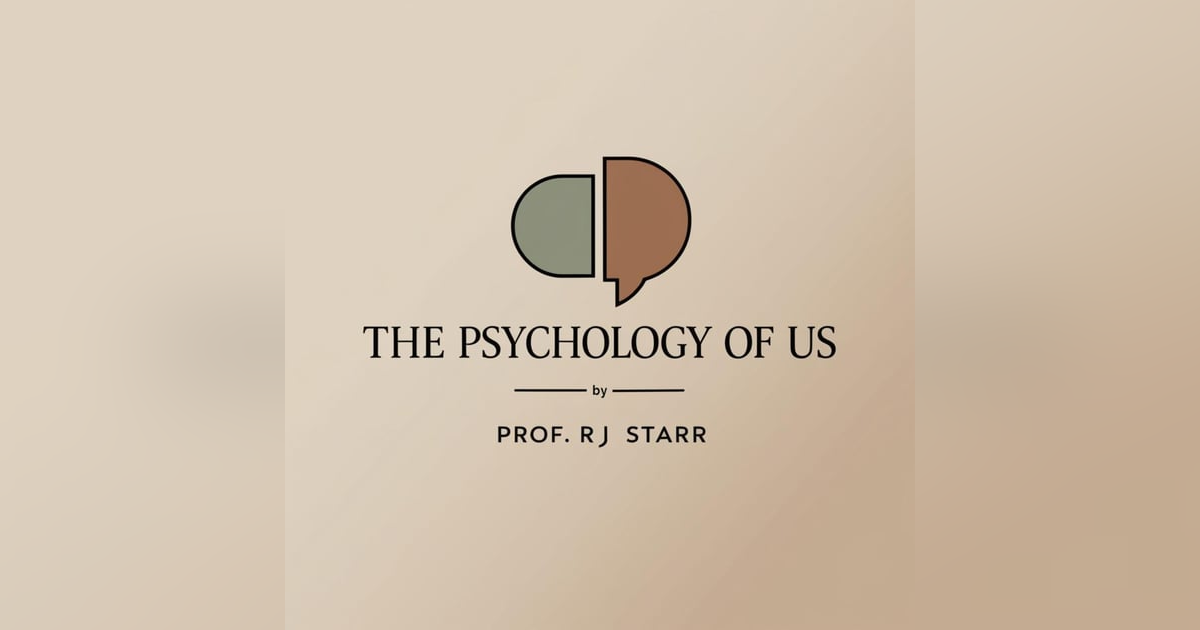The Psychology of Ethics, Dogma, and Morality: How We Decide What’s Right and Wrong

Why do we feel so certain about our moral beliefs while others seem misguided—even dangerous? In this thought-provoking episode of The Psychology of Us , Professor RJ Starr explores the deep psychological forces that shape our sense of right and wrong. From moral development and cognitive biases to the rigid nature of dogma, we examine how ethics are formed, why people cling to unwavering belief systems, and how we can cultivate intellectual humility to grow beyond black-and-white thinking.
Discover the psychological mechanisms behind ethical decision-making, the comfort of certainty, and how our upbringing, social influences, and neurological wiring shape our morality. Learn about concepts like Moral Foundations Theory, the Backfire Effect, and Terror Management Theory , and uncover why people double down on beliefs—even when faced with contradicting evidence.
Can we develop an ethical framework that balances conviction with open-mindedness? What happens when morality and dogma collide? And how can we foster greater psychological flexibility in a world that demands certainty?
Tune in to gain a deeper understanding of your own ethical reasoning and how to navigate moral complexity with clarity and wisdom.
#ProfRJStarr #PsychologyofUs #Ethics #Morality #Dogma #Psychology #CriticalThinking #BeliefSystems #MoralPsychology #CognitiveBias #IntellectualHumility #SocialPsychology #TerrorManagementTheory #MoralDevelopment #TheBackfireEffect





